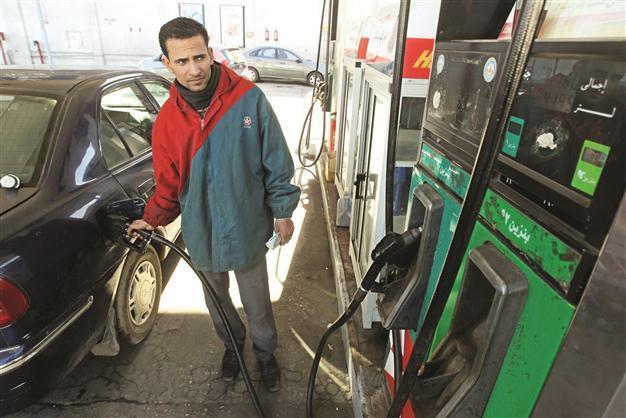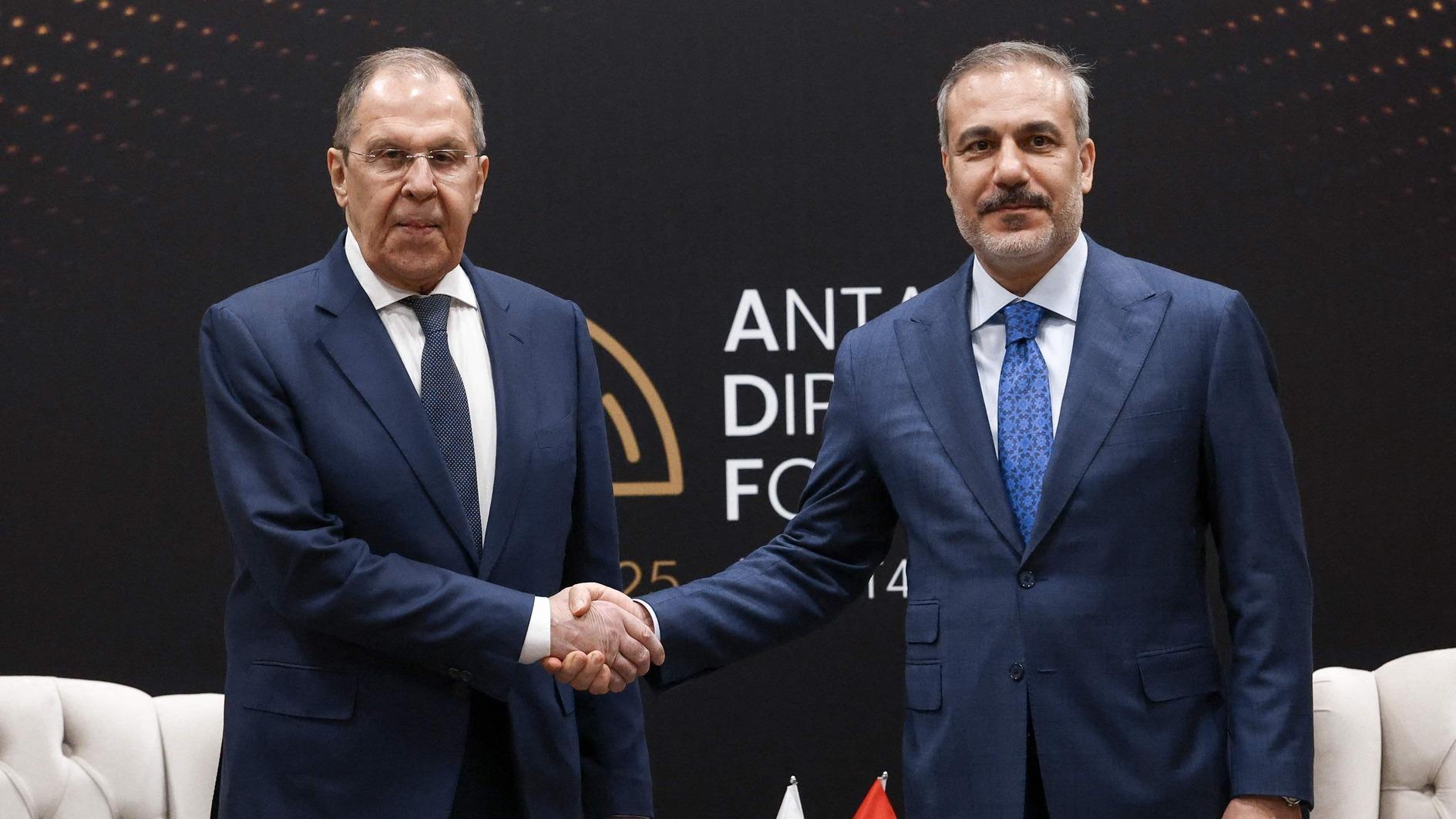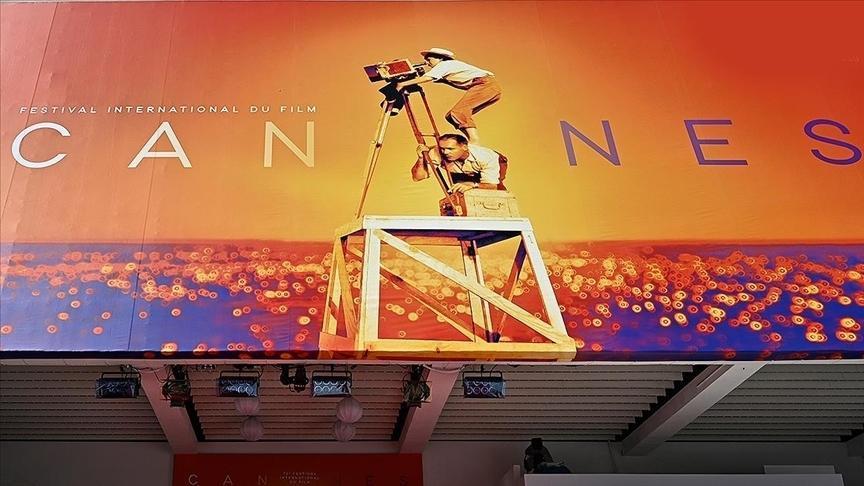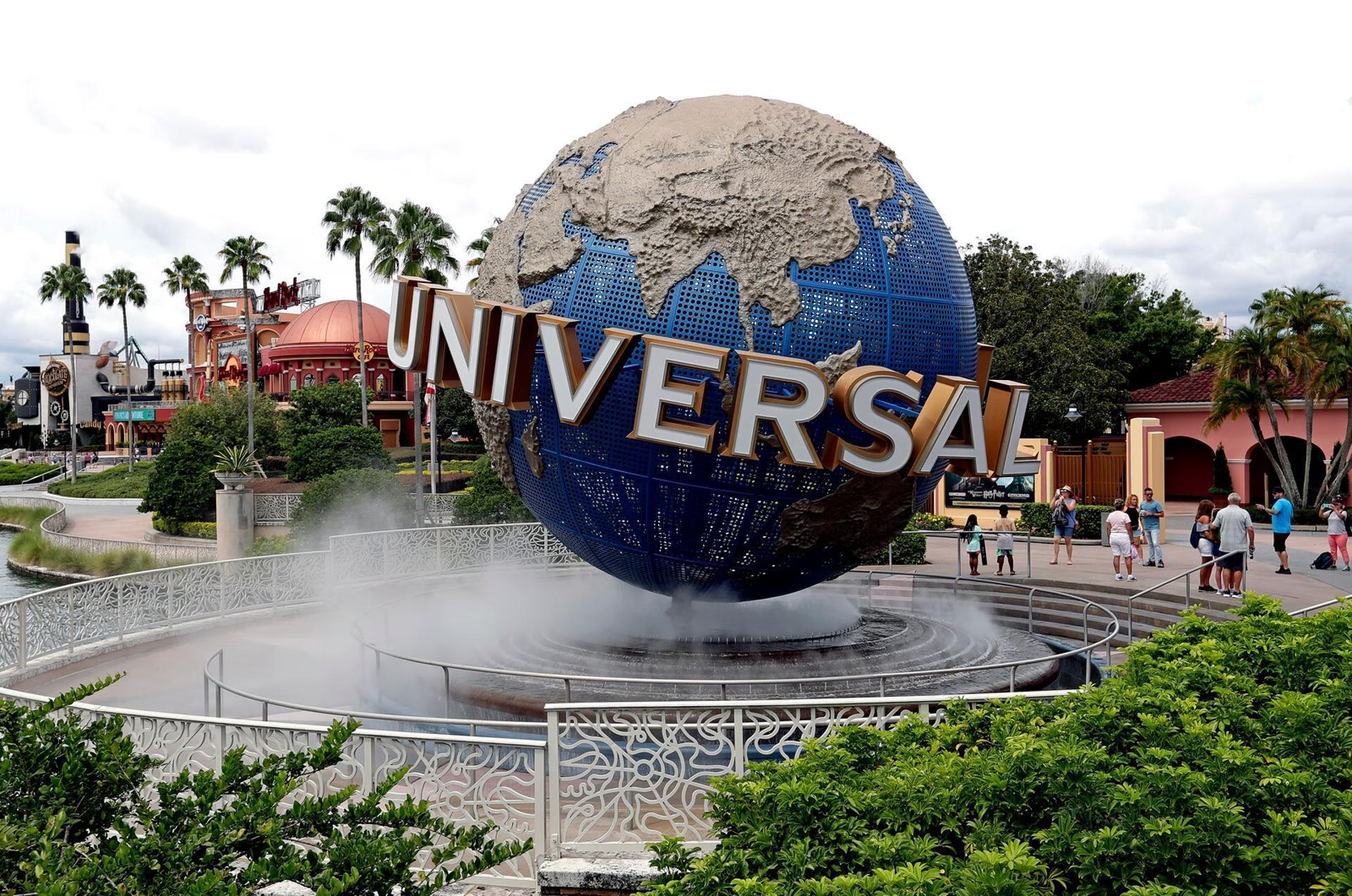Iran warns Saudis, Europeans over oil
TEHRAN /SEOUL

Egyptian worker fills a customer’s car tank at a petrol station in Cairo on January 16, 2012 amid fears of an oil shortage. AFP photo
As the crude prices keep on climbing tensions between Iran and the United States, the Islamic republic harshly warned Saudi Arabia yesterday before it claimed that a possible oil embargo would mean a “suicide” for Europe.“We invite Saudi officials to further reflect and consider” their offer to compensate for curbed Iranian oil exports, Foreign Minister Ali Akbar Salehi said in an interview with Iran’s Arabic language broadcaster Al-Alam.
He attacked Saudi Oil Minister Ali al-Naimi comments to CNN, which said Saudi oil output could be boosted to by around 2.6 million barrels per day - the same amount that Iran exports - and that the world will not permit Iran to close the strategic Strait of Hormuz.
“These signals are not friendly signals,” said Salehi, according to Agence France Presse. “The security of the Persian Gulf is a collective security and Iran is a major player in this regard.”
Oil climbed to more than $100 per barrel yesterday in Asia after Saudi Arabia, the world’s largest exporter of the commodity, indicated it thinks prices should be maintained around that level.
Benchmark crude for February delivery was up $1.94 at $100.63 a barrel at midday yesterday Kuala Lumpur time (6 a.m. local time) in electronic trading on the New York Mercantile Exchange. The oil market in the U.S. was closed on Jan. 16 for a holiday.
Oil prices rose after Saudi Oil Minister Ali al-Naimi told CNN that Saudi Arabia wanted to stabilize prices at $100 a barrel this year and was ready to pump more oil if needed, said Victor Shum, an energy analyst with Purvin & Gertz in Singapore.
Brent crude, meanwhile, rose 91 cents to $112.25 a barrel yesterday morning, gaining for a second day. U.S. crude rose $1.79 a barrel to $100.49.
In other energy trading, heating oil rose 5.8 cents to $3.09 per gallon and gasoline futures rose 5.3 cents to $2.79 per gallon. Natural gas fell 12.2 cents to $2.55 per 1,000 cubic feet.
Implementing an embargo on Iranian oil would be economic suicide for the European Union, said Mohammad Ali Khatibi, Iran’s OPEC Governor. Such a decision will cause “deep crisis” in Europe, he said, according to Mehr news agency.
India, meanwhile, said yesterday it was continuing to buy oil from Iran, despite the intensifying U.S. campaign. “We have accepted sanctions which were made by the United Nations. Other sanctions do not apply to individual countries,” Indian Foreign Secretary Ranjan Mathai told a news conference.
South Korea, a key U.S. ally, also warned the U.S. yesterday it would be difficult to replace Iranian crude supplies and expressed concern that pressure from sanctions could lead to higher oil prices.
Washington wants Asia to cut crude imports from the OPEC member in a bid to pressure Tehran to rein in its nuclear ambitions, which Washington suspects are geared toward making nuclear weapons.
Japan’s Finance Minister Jun Azumi reiterated yesterday Japan would cut Iranian oil imports, although Prime Minister Yoshihiko Noda raised doubts about the country’s policy last week by dismissing Azumi’s view as “personal opinion.”
South Korea, which depends on the U.S. for its security, is the world’s fifth-largest oil importer. Around 10 percent of its crude oil came from Iran in the first 11 months of 2011, according to Reuters data.
“It would be tough to switch the source of crude quickly,” South Korean foreign ministry spokesman Cho Byung-jae told reporters.
Compiled from AA, AFP, AP and Reuters reports by the Daily News staff in Istanbul.
















